1
/
11
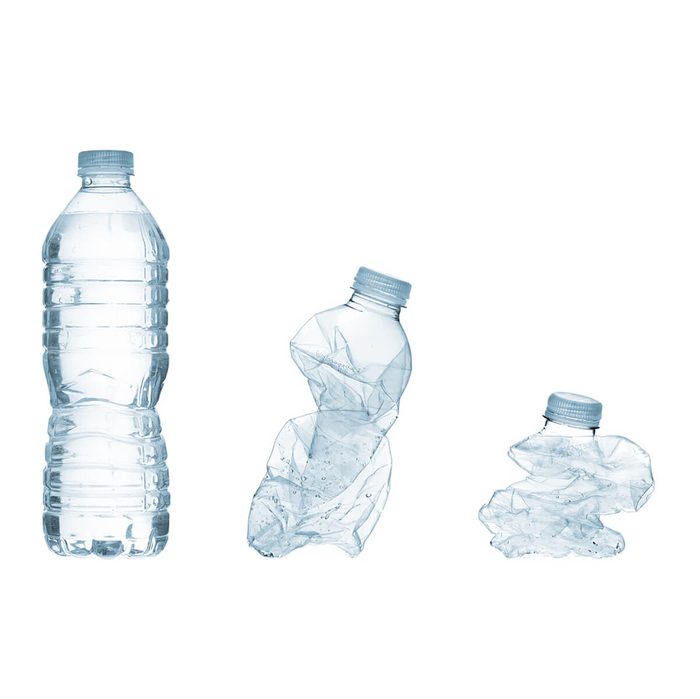
Crush Plastic Bottles
The Association of Postconsumer Plastic Recyclers says to crush plastic bottles before sending them to the recycling facility. Crushing the bottles can prevent bottle caps from shooting off at high speeds when the bottles are crushed. It’s important to recycle plastic bottles because they are one of the most common sources of refuse in the oceans.
Or put those plastic bottles to use cooling down your bunny rabbit.
2
/
11

Recycling Saves Energy
Making products from recycled materials saves on average 50 percent of the energy costs associated with making items from new materials, according to Ever Green Environmental. Recycling aluminum cans requires 95 percent less energy than making them from raw materials, which saves about 40 barrels of oil.
Discover a clever way to hang recycling bins at home.
3
/
11
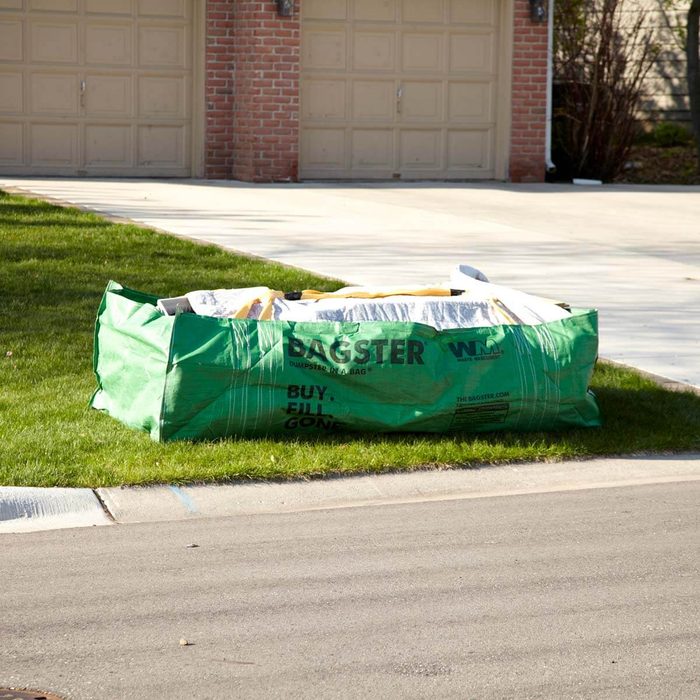
Don't be a Wishful Recycler
A growing problem in the recycling world has been the emergence of wishful recycling. Recycling facilities are seeing shower curtains, garden hoses and Christmas lights. Those are big no-nos. Those items get wrapped around the equipment at the recycling facility, which in turn, means the facility has to shut down multiple times a day to cut those items from the spinning machinery to keep operating.
Find out how to get rid of anything the right way.
If you want to properly recycle Christmas lights, there are some ideas to get you started.
4
/
11
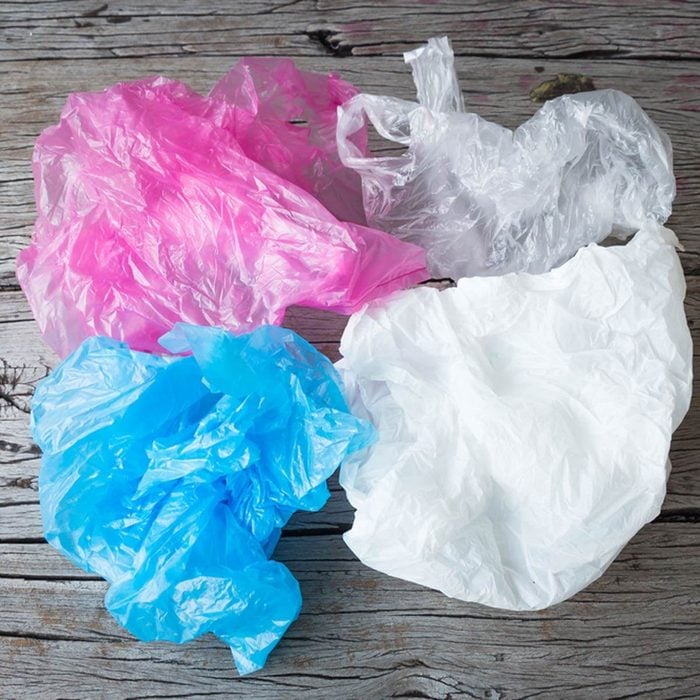
Plastic Bags are Recyclable Just Don’t Put Them in the Bin
People think because items are made of plastic that they can put them in the recycling bin, like sending them to the recycling genie who will sort it all out. Well, there’s no recycling genie and chances are you’re gumming up the whole systems sending those plastic bags and plastic film products to the recycling facility.
Eliminate plastic bags from your life by switching to other options.
6
/
11

Recycling Movement Wasn’t Created to Reduce Waste Necessarily
Not surprisingly, beverage makers and aluminum scrappers have a role in establishing recycling’s rise.
In Aluminum Upcycled: Sustainable Design in Historical Perspective Carl A Zimring writes that Oregon required the beverage industry to impose a deposit on its products. The beverage industry responded by trying to stop deposit laws and supporting public policies that did not require producer responsibility. In the 1970s the aluminum scrap dealers lobbied for increased reclamation rates. Pepsi offered recycling receptacles to the Chicago Park District if it could advertise on them and recoup the cans.
Find out how to open your canned food with power tools.
7
/
11
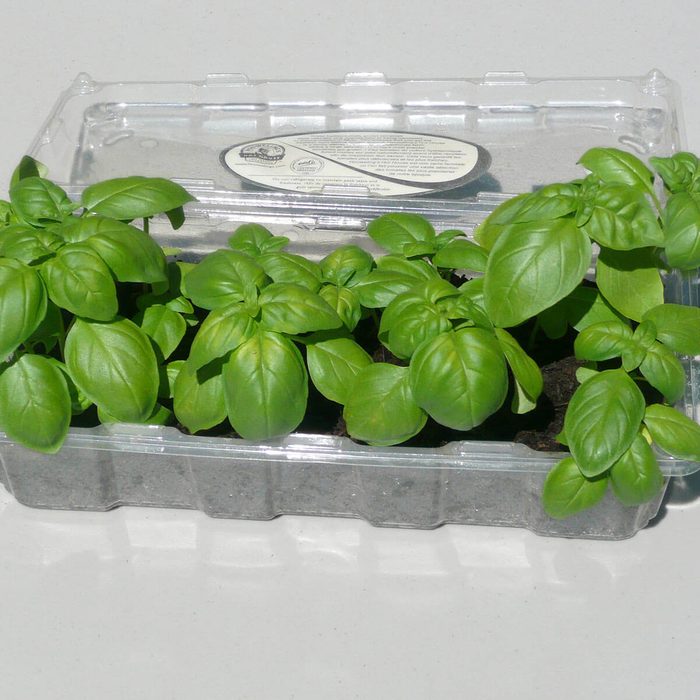
Clamshell Packaging is not Recyclable
Those containers that hold berries aren’t designed for recycling, according to Waste Management. They are made of high-value plastic and usually are contaminated with food waste. Also, the amount of energy needed to recycle them is more than making a new product, according to Oregon State University.
Instead use those containers as a seed broadcaster.
8
/
11
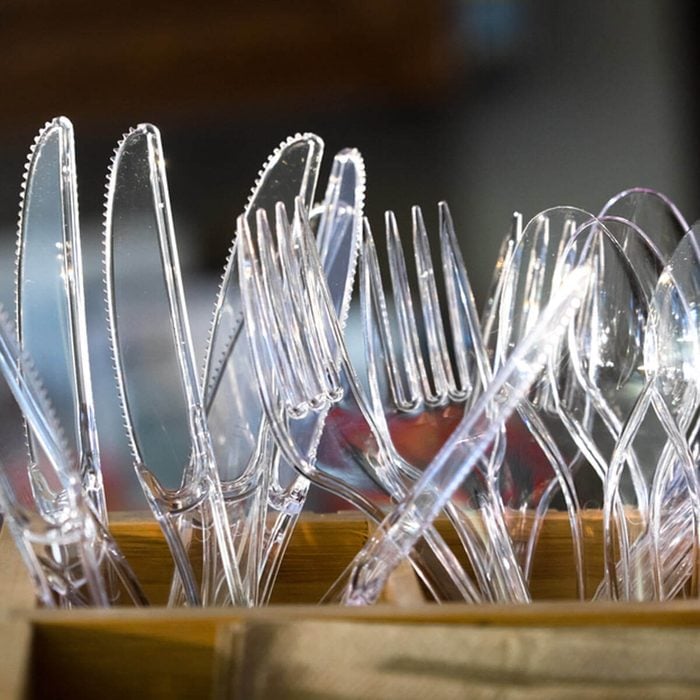
Plastic Forks, Spoons and Knives are Not Recyclable
Those plastic forks, spoons and knives that you reach for at picnics and get-togethers are more wishful recycling items. Waste Management says that because they come in a variety of low-grade plastics they’re impossible to identify by their plastic type. They're too small to recycle and most places won't take them but check with your local recycler because rules vary.
9
/
11
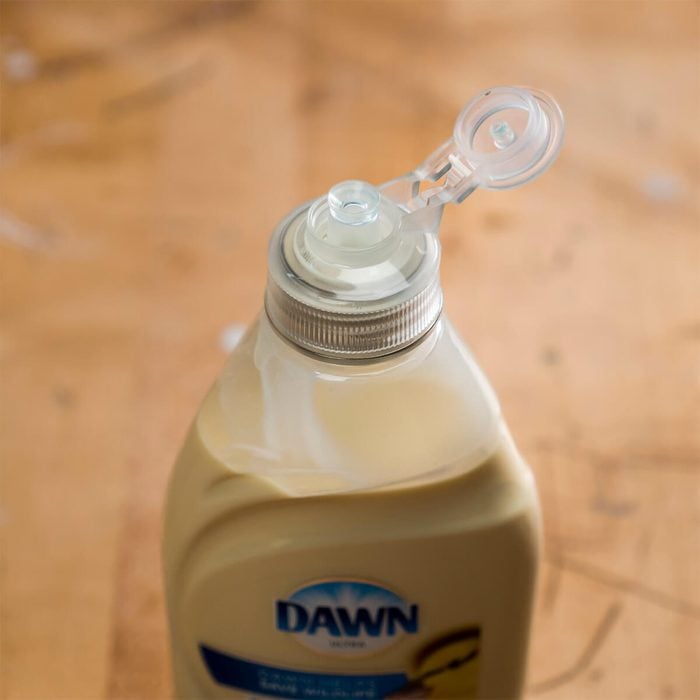
Keep the Caps on
Earth 911, the preeminent source for all things recycling declared in a 2010 article that the verdict is in: keep the bottle caps on.
The reason for some removing plastic caps stemmed from the fact that the plastic bottle is typically made of polyethylene terephthalate, also known as PET and plastic No. 1, or polyethylene, also known as HDPE and plastic No. 2. The cap is typically made of polypropylene, also known as PP and plastic No. 5.
It turns out plastics have to be separated based on melting points.
The Association of Plastic Recyclers recommends crushing empty bottles and placing the cap back on the bottle, though rinsing them isn’t necessary.
Put old 2-liter plastic bottles to use as plastic bag storage in your kitchen.
10
/
11
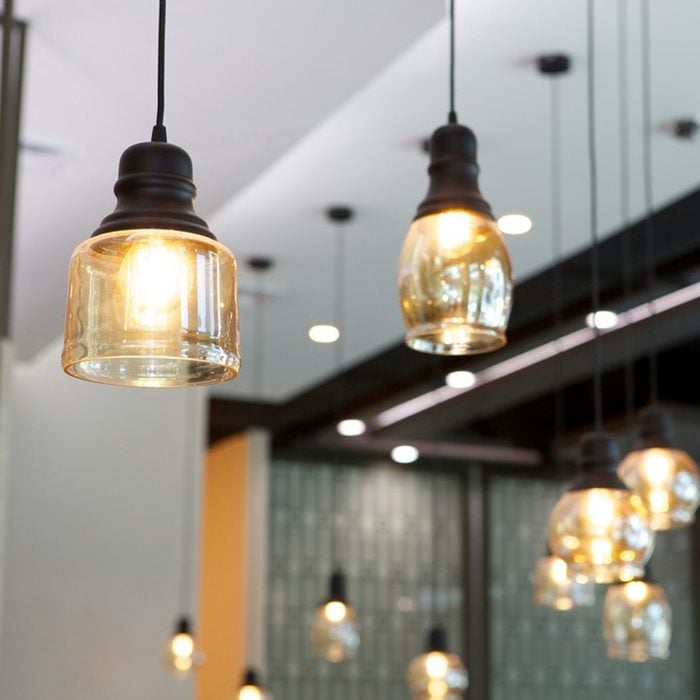
Recycling Power
According to the Environmental Protection Agency, five, 2-liter recycled bottles can produce enough fiberfill to make a ski jacket. Additionally, the energy saved from recycling a glass bottle will operate a 100-watt light bulb for four hours. Plus, it will take 1 million years for a glass bottle to break down at a landfill.
Add LED lights to the workshop for more energy efficiency.
11
/
11
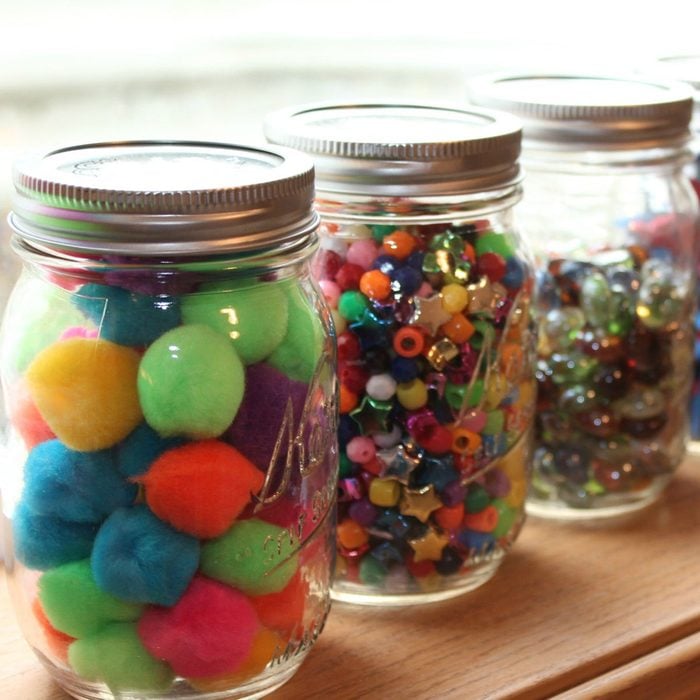
Glass is Goofy
Some places like Santa Fe have stopped picking up glass at the curb because it’s still cheaper just to make new glass from sand. But recycling glass is still more energy efficient. According to a Marketplace article, it takes 30 percent less energy and creates 50 percent less pollution to use recycled glass to make new glass than does making new glass from scratch. Also, using recycled glass for new glass products requires less energy because the recycled glass melts at a lower temperature.
Try repurposing glass containers and learn to use a glass cutter.
Originally Published: March 20, 2021
